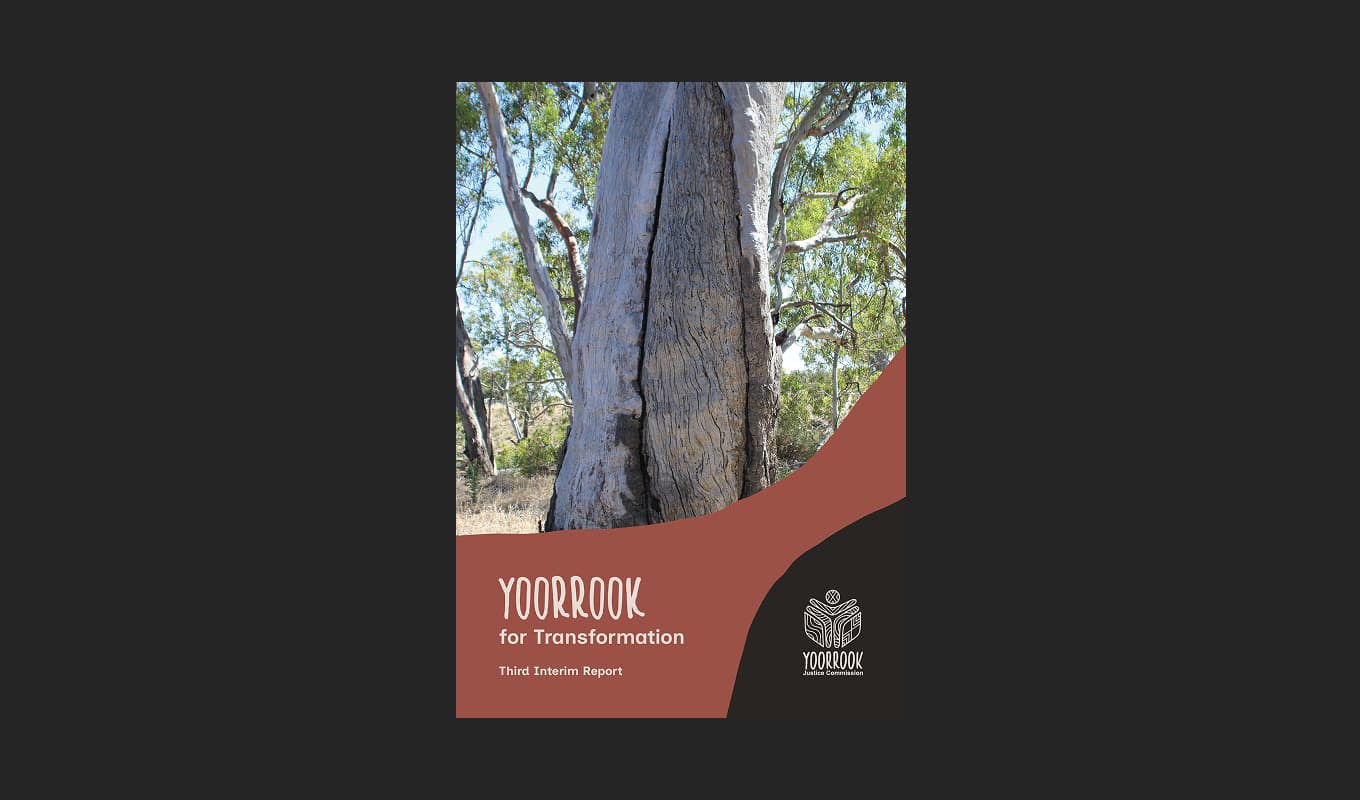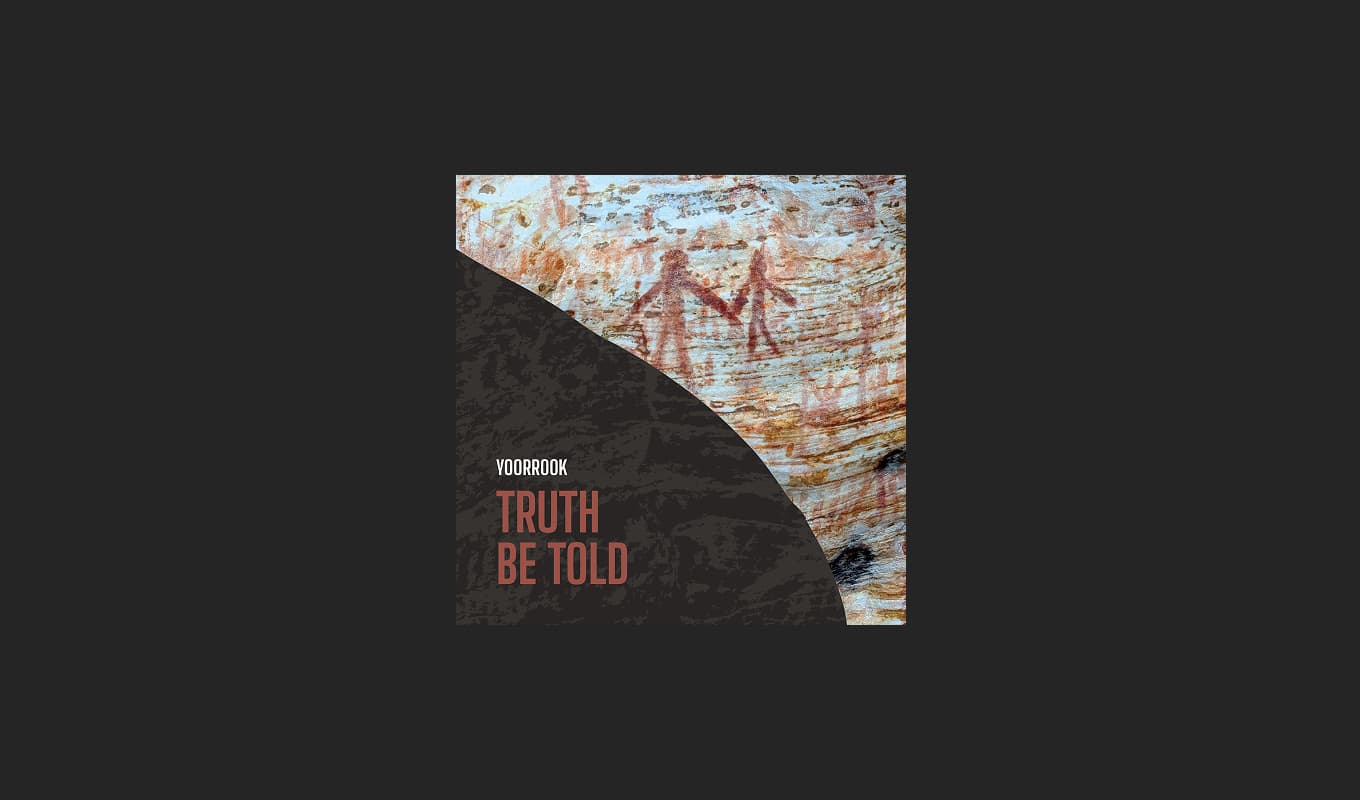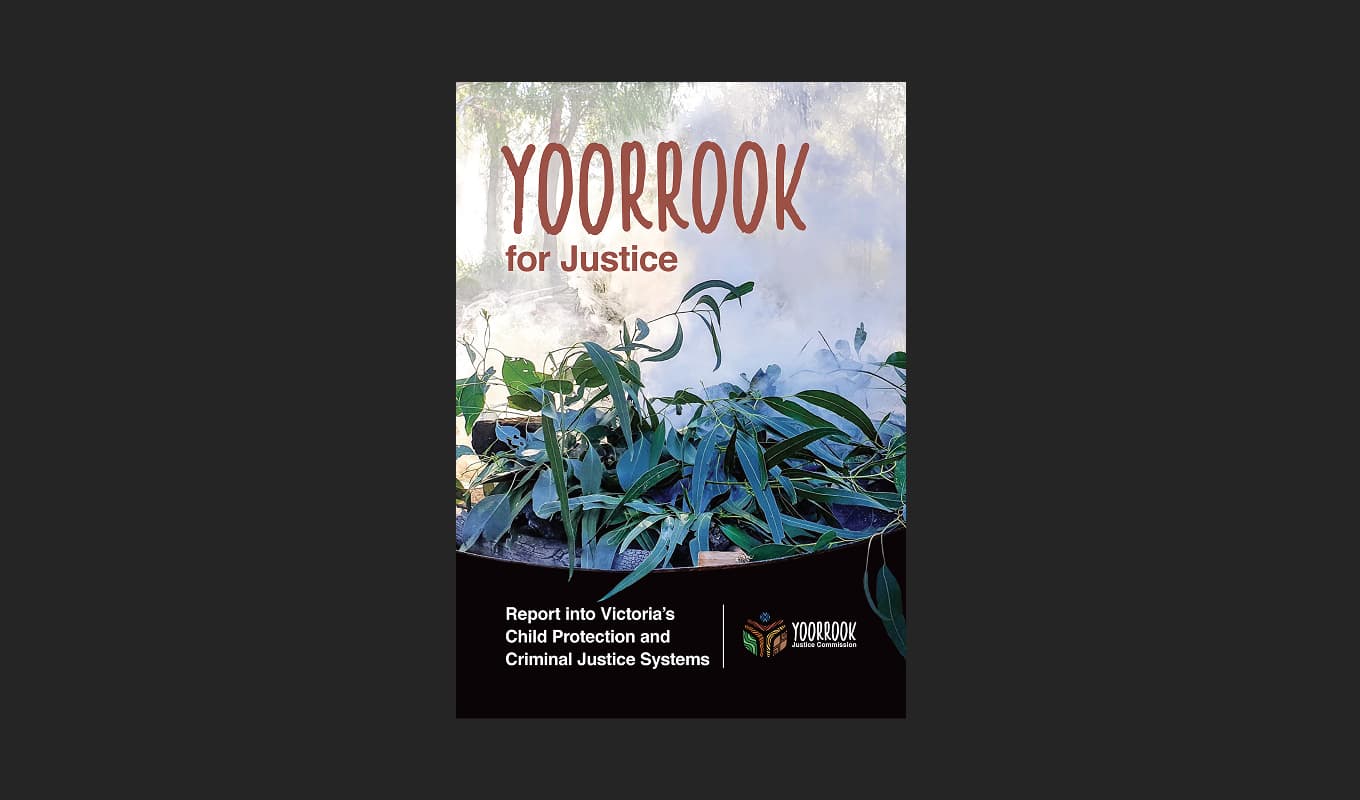Access to Records
Yoorrook heard evidence about First Peoples being unable to access personal and family records held by the State.
sensitive material warning
Please be aware that this page may contain sensitive material. Read our self care guidelines to help manage any feelings of distress.
First Peoples’ Records in Victoria
Yoorrook heard throughout its inquiries that there is no simplified, consistent and efficient approach to accessing and managing records about First Peoples in Victoria. Barriers to access, own and control records continue to impede First Peoples’ data sovereignty rights and self-determination.
Access to records is central to uncovering and retelling the story of Victoria. For many First Peoples, the release of information may also be essential to their health and wellbeing. Access to personal and family records is particularly critical in the out-of-home care context and for families separated by the State to piece together their personal histories and reconnect with family, culture and Country.
Victoria’s record-keeping systems are complex and scattered
In Victoria there are multiple record holders, including government and non-government agencies as well as private holders.
First Peoples’ do not own records made about them
Institutions that collect and keep records continue to presume that First Peoples do not own or control State and non-State records made about them. This presumption strips First Peoples of their agency and directly contradicts the right to self-determination. It means that First Peoples are dependent on mainstream institutions to provide access to their histories. Yoorrook heard a strong desire from First Peoples for record-keeping agencies to transfer control of family and community records about First Peoples, or copies of these, to First Peoples-controlled archives or repositories.
The importance of access to records for First Peoples
For many First Peoples, both historical and recent records — including files, photographs and correspondence — can help to provide a sense of identity and critical links to community, culture and Country.
Barriers to accessing records
First Peoples face multiple compounding barriers to accessing personal and family records held by State and non-State institutions.
Barriers include:
- knowing where to search for records
- difficulties navigating relevant websites and archival centres
- availability and discoverability of records
- access restrictions
- accuracy of records
- costs
- delays
Indigenous Data Sovereignty and Indigenous Data Governance
To achieve this, First Peoples in Australia and globally have been advocating for Indigenous Data Sovereignty (ID-SOV) and Indigenous Data Governance (ID-GOV).
Access to records for First Peoples in Victoria should be streamlined and straightforward to comply with ID-SOV and ID-GOV. It should be consistent with the UNDRIP principles.
Action is needed to implement a coherent, consistent approach for First Peoples to access personal and family records, reduce delays, and mitigate cost and other application barriers.
What is Indigenous Data Sovereignty and Indigenous Data Governance?
Yoorrook’s Letters Patent required the Commission to uphold the sovereignty of First Peoples over their knowledge and stories by consulting with them on how the information they provide should be treated and ensuring adequate information and data protection.

Explore other Focus Areas
The issues explored by Yoorrook are deeply connected—experiences in one area often impact outcomes in many others. Continue exploring the broader picture by visiting other Focus Areas below.
Support resources
If you feel overwhelmed you can call 13 YARN (13 92 76) or Lifeline (13 11 44) for confidential support. For additional support options, visit support resources.
Reports and Recommendations
Read the official reports and recommendations of the Yoorrook Justice Commission.

Yoorrook for Transformation
Third Interim Report: A five-volume comprehensive reform report presenting evidence and findings on systemic injustices, and specific recommendations for meaningful change to transform the future.

Truth Be Told
An official public record that documents First Peoples experiences since colonisation, preserves crucial testimonies for future generations and creates an enduring resource for education and understanding.

Recommendations for change
Yoorrook Justice Commission’s recommendations for truth-telling, justice, and systemic reform in Victoria.
